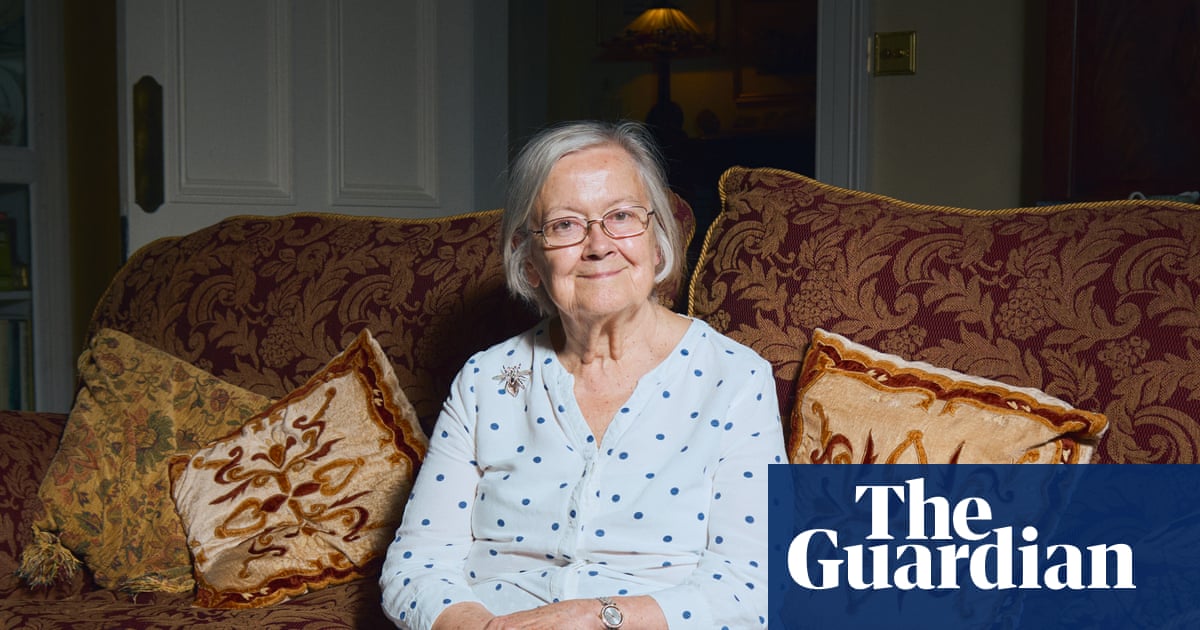John Harris rightly thanks Ed Davey for drawing attention to family carers and the need to reduce the many pressures facing them. It is important, however, that the debates about how to achieve this are placed in the context of the recent increases in the state pension age (Passed over, targeted, fined – but is the magnificence of family carers finally being recognised?, 25 May). Between 2010 and 2018, raising women’s state pension age from 60 to 65 years reduced state expenditure over that period by a total of £77bn. Since then, it has risen to 66 years for all.
Starting in April 2026, it will rise to 67 years. In March this year the Office for Budget Responsibility estimated that this fiscal saving will be £10.4bn in 2029-30, including a net saving on pension credit and winter fuel allowance of £0.2bn. Rachel Reeves please note.
Since 2010, the need to remain in paid employment to an older age has been accompanied by cuts in social care services. Meanwhile, the carer’s allowance has remained the lowest benefit in the system. Nearly 30% of those whose caring responsibilities would entitle them to receive it are ineligible because of its complex interactions with the benefits received by those they care for. It is vital that this Labour government does not avert its eyes from the health and wellbeing of both young and older family carers.
Hilary Land
Emerita professor of family policy, University of Bristol
I am grateful to John Harris for highlighting Ed Davey’s book about the huge stresses on families who care for family members with learning disabilities. In my professional life it was often brought home to me by parents almost wistfully commenting on the “luck” of others whose adult offspring had died before them, so they no longer needed to worry about their future care. Or the parents who said that the government just wanted their children to die, so that they would no longer be a financial burden to the state.
In retirement, I have friends whose grandchildren have significant needs, and I’m appalled that services have been cut back to a point where families are collapsing, with respite care almost nonexistent. Perhaps Ed Davey could introduce a family home stay scheme for politicians, so that they could at least have some experience of, for example: the permanently disturbed nights; managing on a poverty-level income; rarely having access to public toilets with appropriate changing facilities; and the uncertainty about what would happen if they were ill or injured, and unable to provide care for day-to-day needs.
As budgets are being slashed, this group of people, the carers and the cared for, are too often seen as easy targets for cuts, as they are either unable, or too exhausted, to shout loudly enough.
Dr Sally Cheseldine
Retired consultant clinical psychologist, Balerno, Edinburgh
I have been a full-time carer for my husband, who suffered a major stroke 21 years ago. In that time we have seen our named care manager disappear, any physio support disappear, council respite homes disappear and private domiciliary care companies desperate for workers and tripling their fees.
Private care homes, if they offer respite care at all, charge £1,900 per week for non-nursing care. This can seldom be booked in advance and smaller homes can’t cope with powered wheelchairs. This leaves me and thousands of others with no constant support, leading to fatigue and burnout.
Unpaid carers in the UK save the government £184bn a year, but we are not on their radar. Shame on you, Labour. My next vote is definitely going to Ed Davey and the Liberal Democrats, who have been consistent in their policies.
Lucy Rutherford
Exeter, Devon

 3 months ago
109
3 months ago
109

















































